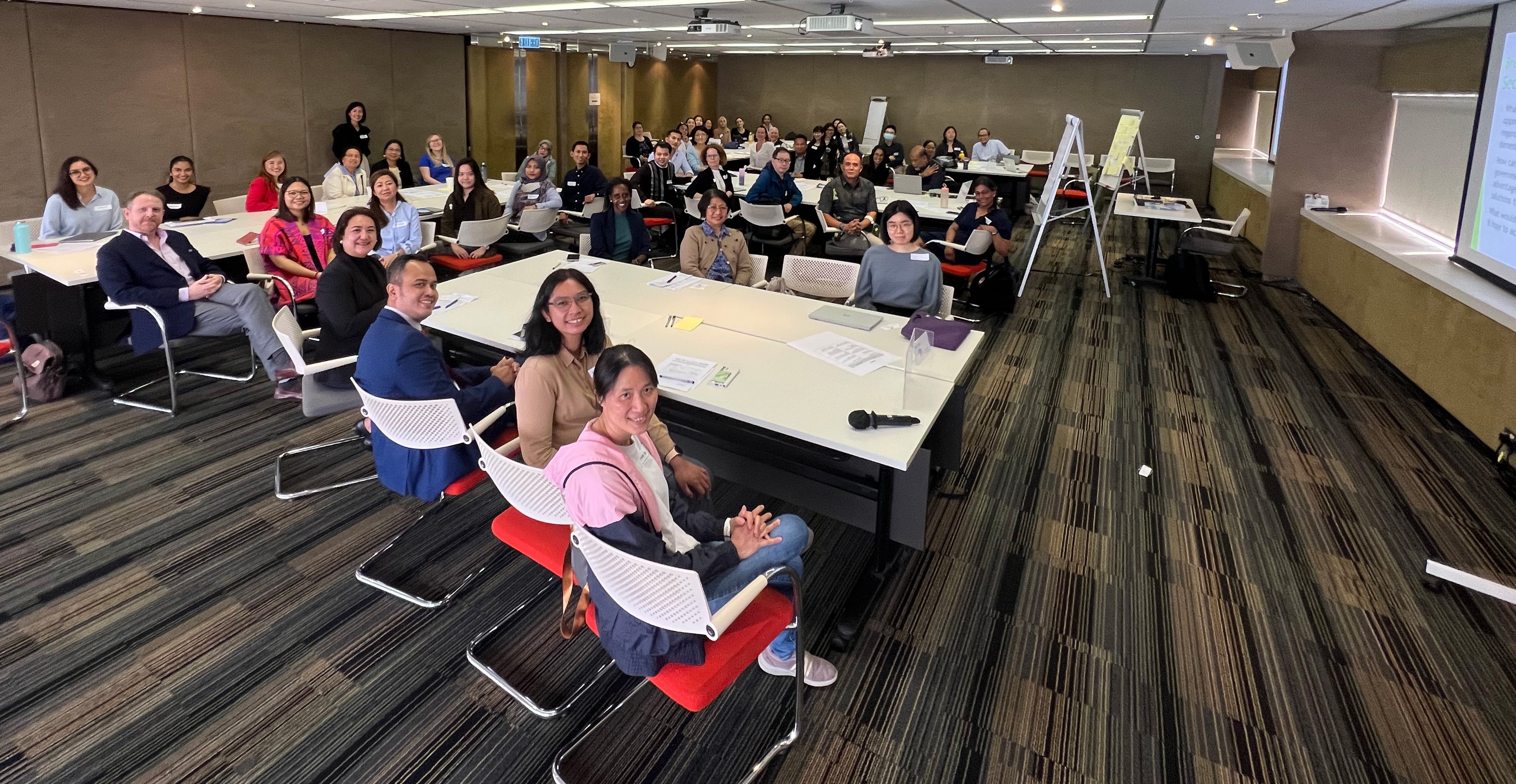Performance Evaluation, Influence Activities, and Bureaucratic Work Behavior: Evidence from China
Subjective performance evaluation is widely used by firms and governments to provide work incentives. However, delegating evaluation power to local senior leadership could induce influence activities: agents might devote much effort to pleasing their supervisors, rather than focusing on productive tasks that benefit their organizations. We conduct a large-scale randomized field experiment among Chinese local government employees and provide the first rigorous empirical evidence on the existence and implications of influence activities. We find that employees do engage in evaluator-specific influence to affect evaluation outcomes, and that this process can be partly observed by their co-workers. However, introducing uncertainty in the identity of the evaluator discourages evaluator-specific influence activities and significantly improves the work performance of local government employees.










